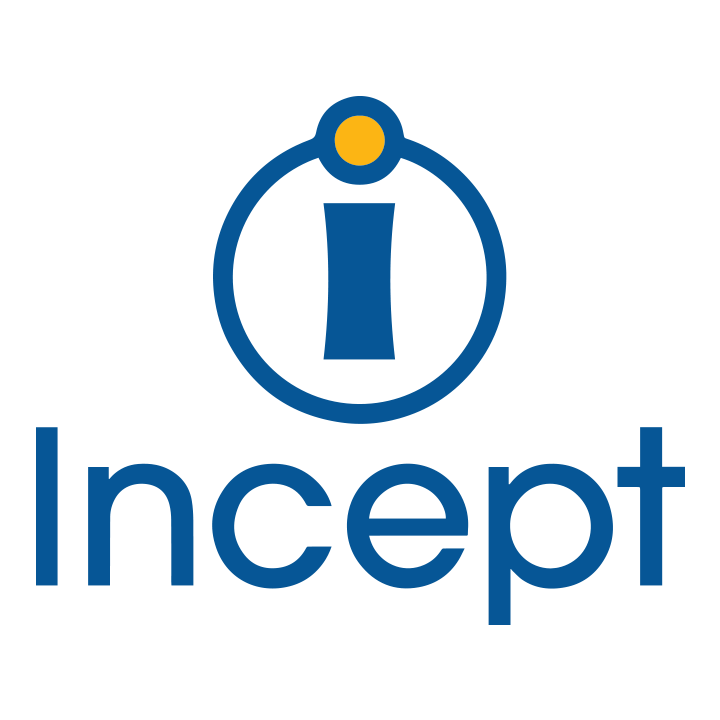If culture eats strategy for breakfast, why are some brands ordering up cheeseburgers? Here’s what CX teams can learn from improving culture.
Culture: It is hard to define, but you know it when you feel it. Take the drive through at In-N-Out Burger. Every time your car approaches the order stand and you take a deep breath to order your double double cheeseburger, the cheerful voice from the speaker box makes you feel like you made the smartest decision on the planet with that order. And at that very moment, you feel like you have just made their day with that transaction—and at the same time—they’ve actually made your day a little brighter and you’ll probably be back…Tomorrow.
But—come on folks—it’s just a cheeseburger. Or is it?
It’s not like you’re purchasing a home, a fancy car, or a diamond ring for your sweetheart. It’s a cheeseburger. But is it really the cheeseburger, or is it the customer experience afterglow from In-N-Out’s empowering culture?
In-N-Out made headlines when a customer in Las Vegas ordered a 100x100 (100 beef patties and 100 slices of cheese), and they made it for him. #empowerment #CXCulture
In-N-Out Burger is different in many ways. This organization fully understands the intersection of brand personality, customer experience and culture. For example, 91% of Glassdoor reviewers would recommend working at In-N-Out Burger to a friend, compared to 48% for Jack in the Box. This type of culture creates a strong bond between buyer and employee, and translates into service that goes above and beyond. It is an example of getting culture right that call center teams and CX organizations should aspire to.
What this should mean for your customer service strategy
In the call center environment, culture translates into empowering the workforce to be human, having genuine interactions, and ditching the script in most cases to get an issue solved. Requiring the engagement specialists to read a script that begins with apologizing three times before he or she can actually solve the problem doesn’t work. Canned responses are not authentic.
The time is now to make humans the center of your customer service strategy. For example, your engagement specialists must be recruited, well trained, and excel at delivering authentic conversations that appropriately frames your customers’ issues in ways that positively impact the perception of your brand. There are a variety of ways to do this, but the right training and coaching helps specialists to:
Respond to problems enthusiastically and with contextual understanding
Educate consumers to reduce their anxiety about the problem
Predict consumer reaction and build rapport
Create an engaging and frictionless experience
Don’t settle for simply transacting with your customer as a number, or using well-rehearsed responses. This may mean that you allow the specialists to have conversations and leave the scripts behind, once they’ve proven they can continue to represent the brand appropriately and resolve the problem within governance. When the team learns the art and science of good conversation, you’ll see the noticeable improvements in NPS, CSAT and FCR.
“Brand leaders need to understand how closely customer and employee experience work hand in hand, and how the brand promise is the glue that holds them both together.”
- Darren Hudach, President of Incept
How to grill up a strong company culture
First and foremost: strategy and culture need to be aligned. Any brand that disconnects the two puts their success at risk. Once alignment is achieved, focus on your engagement specialists. They are key because they are your front-line ambassadors to the consumer. Here are seven ways to make culture an important success factor.
Seek engagement specialists who have a natural commitment to serving customers, and who love being around people. You can teach just about everything else. Look for your engagement specialists from referrals from your current team. Great people tend to hang out with other great people.
Day to day, the work environment has to be positive; and if you’ve done a good job recruiting engagement specialists, they will create that themselves by being so upbeat and enthusiastic.
Select leaders who are strong in the area of engaging the workforce, in taking great care of the brand and its consumers with great quality and service.
Empower leaders to create a team-oriented atmosphere, which must be part of your mission statement.
Upgrade your management training program to make it more effective and flexible for each manager. Most leaders in contact centers started their careers as entry-level associates and earned their way to leadership roles. This is also good for culture, but it means there is no shortcut to growing great leaders through training. Engagement specialists have commented that when they are growing and learning new things, they are more engaged in their job. Listen to your team.
Other things like a favorable pay structure and flexible scheduling definitely help, but it really comes down to your engagement specialists being part of something that they take a lot of pride in.
Treat them the right way. Period.
Bottom line: Organizational culture eats strategy for breakfast, lunch and dinner so don’t leave it unattended in the call center.

